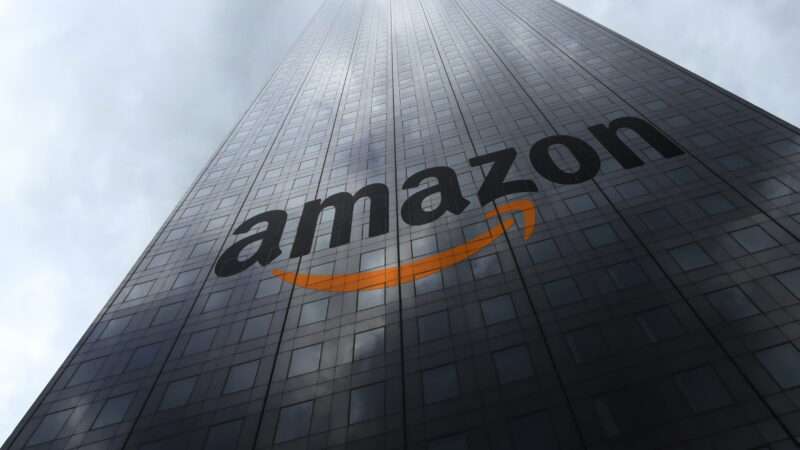
Amazon recently announced it would seek to acquire boutique health care service provider One Medical. Rather than considering the consumer benefits that may accompany such a transaction, the usual crowd of anti-Amazon, antitrust hipsters rushed to attack this as a problematic entry into yet another industry. These critiques were echoed by some privacy advocates who voiced concerns about Amazon acquiring health data in the transaction.
These critics almost always claim the sky is falling when Amazon makes a move. But just like their prior false exhortations, with a calm and rational examination of this proposed transaction, it's clear these concerns are misplaced. In fact, the privacy concerns with this latest acquisition are already addressed by existing law, and the transaction shows that markets remain competitive in ways that benefit consumers.
One Medical is a subscription-based and data-driven primary care service that currently has a small footprint in the health care sector. With consumer-approved access to health data from products like Fitbits and Apple Watches, One Medical is able to learn the preferences, habits, and special circumstances its patients have. This allows for more individualized care, paired with the shorter wait times and the easier booking process that comes with a subscription model compared to the traditional health care system. A large company like Amazon would be able to help expand those services and incorporate them into the highly competitive landscape. The likely result is more people would have access to an innovative and much-needed form of primary care.
This is not the first time Amazon has ventured into the health care industry. While its purchase of a pharmaceutical fulfillment service in 2018 has been relatively successful, it recently shut down Haven Healthcare, its health insurance joint venture with JPMorgan Chase and Berkshire Hathaway. Far from acting like a monopolist, this continued attempt to reinvent and expand into different industries illustrates that Amazon cannot merely rest on its laurels but must continue innovating to remain successful.
Current subscribers who don't like the integration or don't find it beneficial can choose a more traditional health care model from the many existing competitors in the space. But folks may find that, if successful, the acquisition could help One Medical's niche components become common practice. This can benefit consumers who desire an integrative approach to health care services and improved efficiency—something the company may not be able to provide at scale given its lack of dominance in the industry.
Still, while this acquisition would appear to be a positive for consumers and competition, some antitrust reform proponents like Sen. Amy Klobuchar (D–Minn.) almost immediately called for an investigation into the deal. This is not the type of transaction that would normally merit such intense scrutiny, but for these advocates, everything a large, successful company like Amazon does is immediately suspect.
Fear surrounding what tech companies can and would do with access to health care data is nothing new. After all, Google acquired Fitbit and all of its fitness data, and Apple allowed users to put their own health records on their iPhone. The fact that there are existing laws that require these companies to maintain tight security protections around particularly sensitive data (with severe consequences if they don't) prove these fears to be typically hyperbolic.
Entities such as One Medical are subject to the requirements of the Health Insurance Portability and Accountability Act (HIPAA), which governs how protected health information can be shared by "covered" entities, like doctors' offices and hospitals, and "non-covered" entities, like fitness apps. While HIPAA is a quite complicated law, it has strong incentives for compliance, including up to $250,000 in fines and potential jail time for violations.
Concerns about HIPAA compliance make covered entities particularly cautious about how they share protected information to the point that it can often be difficult for patients to get their own records or information. Amazon is likely aware of this compliance hurdle because of its existing ventures in the healthcare industry, and it has not only the legal but also the public incentives to ensure top-tier privacy.
Many consumers remain frustrated by the healthcare industry which often involves burdensome bureaucracy, long wait times, and poor customer service. Subscription-based, data-driven services like One Medical are seeking to remedy that by providing an alternative. This acquisition by Amazon could increase the reach of such a model to the benefit of consumers everywhere. Despite the doom and gloom promulgated by antitrust reformers, this move shows that Amazon is not an unstoppable giant but instead a large company that must continue to innovate to stay competitive.
The post No, Amazon Isn't Coming for Your Medical Data appeared first on Reason.com.







